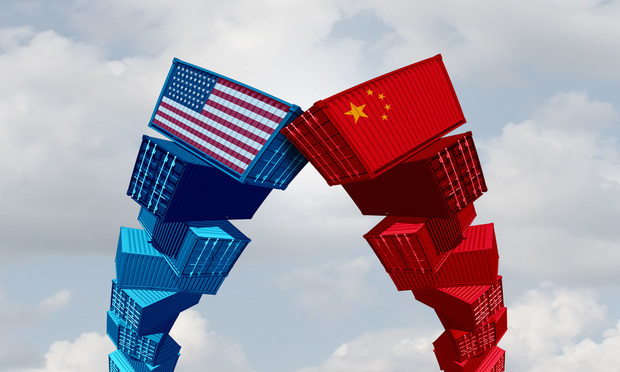The Entity List: America's Trade War Weapon
July 04, 2019 | BY
Marilyn RomeroThe pause agreed in the U.S.-China trade war at the recent G20 meeting, reflects in part the potency of the U.S. Entity List in targeting Chinese firms such as Huawei.
In June, the U.S. government added five more Chinese companies to its Entity List. Companies that end up on this blacklist are subject to various licensing requirements for the export, re-export, and transfer of certain items into the U.S., effectively restricting their dealings with U.S. businesses.





